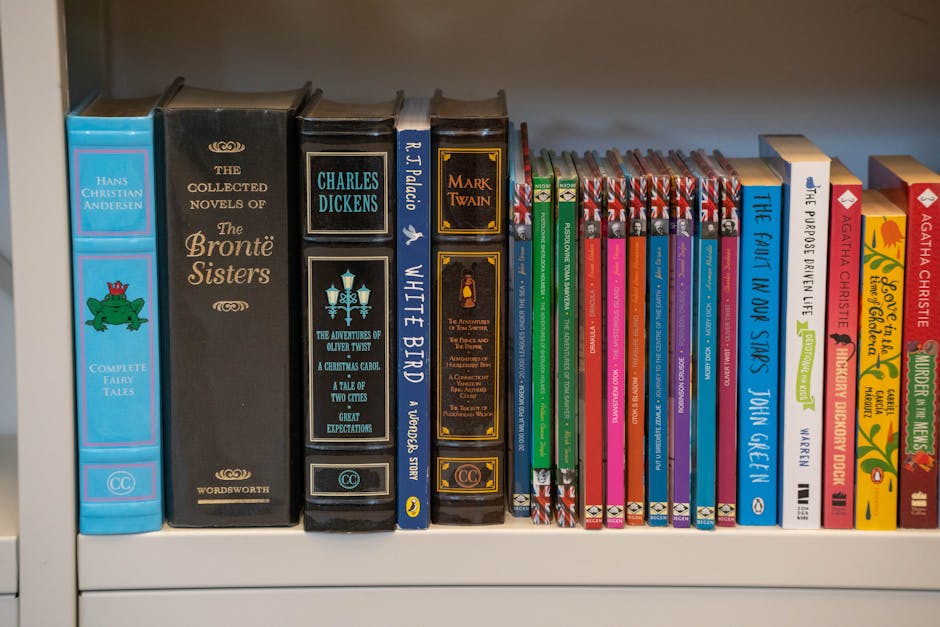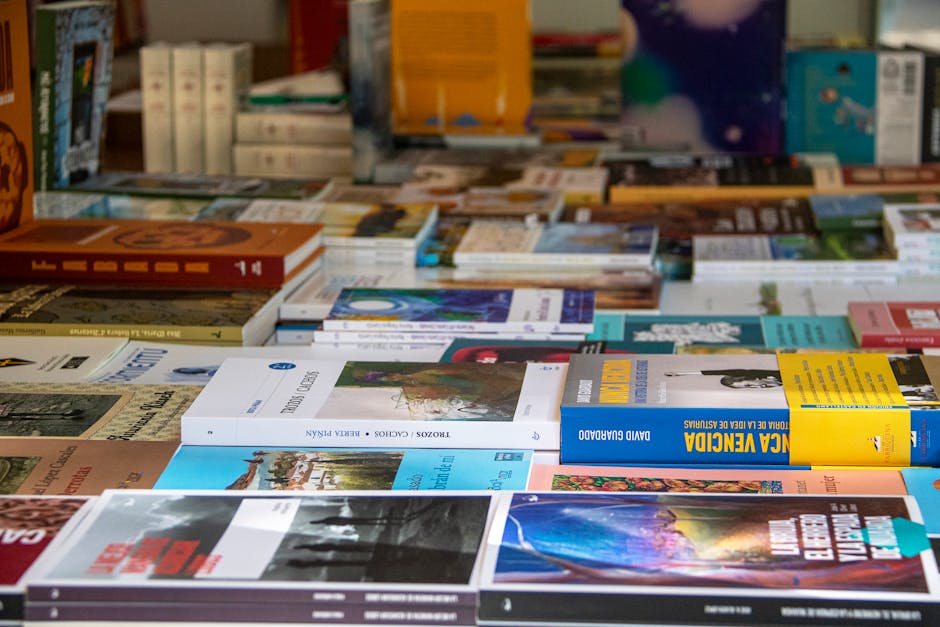Authors Who Define Modern Spanish Literature
Spanish literature is rich, diverse, and full of vibrant voices. But who are the key figures shaping it’s modern landscape? Lets dive into the lives and works of some influential authors that you should know about.
What Is Modern Spanish Literature?

Modern Spanish literature broadly refers to works created in the 20th and 21st centuries. It captures the experiences of contemporary life in Spain and beyond. These authors explore themes like identity, politics, and everyday struggles, making their works relatable to many. Think of modern Spanish literature as a mirror reflecting current society.
Why Are These Authors Important?

Understanding modern Spanish literature helps us connect with a broader cultural context. These authors tackle issues that resonate globally, like love, loss, and social injustice. Their stories often challenge norms, inspiring readers to think critically about the world around them.
Who Are the Key Authors in Modern Spanish Literature?

Many authors have left their mark, but well spotlight a few who stand out. Each has a unique voice and perspective.
- Javier Maras
- Almudena Grandes
- Antonio Muoz Molina
- Isabel Allende
- Fernando Aramburu
Who Is Javier Maras?

Javier Maras is one of Spains most celebrated contemporary writers. He writes novels, essays, and translations. His works often delve into memory, identity, and the complexities of human relationships.
Maras use of language is poetic yet accessible. His novel, “A Heart So White,” explores the power of secrets and the impact of the past. it’s a perfect example of how he blends narrative style with deep themes.
What Makes Almudena Grandes Unique?
Almudena Grandes is known for her engaging storytelling and vivid characters. Her books often tackle Spains historical and social issues, especially those related to the Spanish Civil War.
One of her acclaimed works, “The Ages of Lulu,” portrays a woman’s sexual awakening and reflects broader societal changes. Her ability to intertwine personal and historical narratives captivates readers and sparks discussions.
Why Should We Read Antonio Muoz Molina?
Antonio Muoz Molina is recognized for his lyrical prose and deep philosophical insights. His novels often reflect on the passage of time and the nature of memory.
In “Artful Dodger,” he captures the essence of urban life in Spain. His writing encourages readers to ponder their own experiences and memories, making his work relatable and thought-provoking.
What Is Isabel Allendes Contribution?
Isabel Allende, although Chilean, has a significant influence on Spanish literature. Her novels bridge magic realism and historical narrative, bringing Latin American culture to the forefront.
The House of the Spirits is one of her most famous works. It combines family saga with political themes, illustrating the complexities of life in Latin America. Allendes storytelling draws readers into a world of vibrant characters and rich histories.
How Has Fernando Aramburu Shaped Modern Spanish Literature?
Fernando Aramburu is a contemporary voice known for addressing the impact of the Basque conflict in his works. His novel “Patria” explores themes of loyalty and betrayal, focusing on families torn apart by political violence.
This book resonates deeply in Spain and beyond, offering insight into the human cost of conflict. Aramburu’s straightforward yet powerful writing style makes complex themes accessible to all readers.
What Themes Are Common in Their Works?
The authors we’ve discussed share common themes that reflect modern society. Here are some key topics:
- Identity: Many of these writers explore personal and national identity.
- Memory: The past influences the characters lives and decisions.
- Political Conflict: The impact of war and politics is a recurring theme.
- Love and Relationships: Personal connections are often at the heart of their stories.
How Do These Authors Reflect Society?
These authors not only write stories but also comment on the world around them. They engage with current issues like immigration, social justice, and cultural identity. Their works encourage readers to reflect on their own lives and the world they live in.
For example, Almudena Grandes uses her characters to explore gender roles in modern society. Similarly, Javier Maras often questions the nature of truth and lies in relationships.
Where Can You Find Their Works?
Finding modern Spanish literature is easier than ever. Here are some ways to start:
- Bookstores: Visit local bookstores or chains that have a good selection of international literature.
- Online Retailers: Websites like Amazon or Barnes & Noble often stock these authors.
- Libraries: Check your local library for copies. Many libraries also offer e-books.
- Literature Festivals: Attend events where authors speak and share their works.
What Are Some Common Misconceptions?
Many people think modern Spanish literature is only for academics or scholars. This isn’t true! These stories speak to everyone, regardless of background. They are accessible and often engage with universal themes.
Additionally, some readers believe that literature from Spain is outdated or irrelevant. In reality, modern authors tackle contemporary issues that resonate with todays readers. Their works often spark important conversations.
What Can You Take Away from This?
Exploring modern Spanish literature opens up a world of ideas and perspectives. These authors challenge us to think critically and empathize with others. By reading their works, we can better understand diverse experiences and cultures.
So, which author will you read first? Whether it’s the poetic musings of Javier Maras or the poignant tales of Almudena Grandes, theres a treasure trove of literature waiting for you to discover.
For more insights on world literature, check out this article on [Modern Literature Around the World](https://www.example.com). Happy reading!



